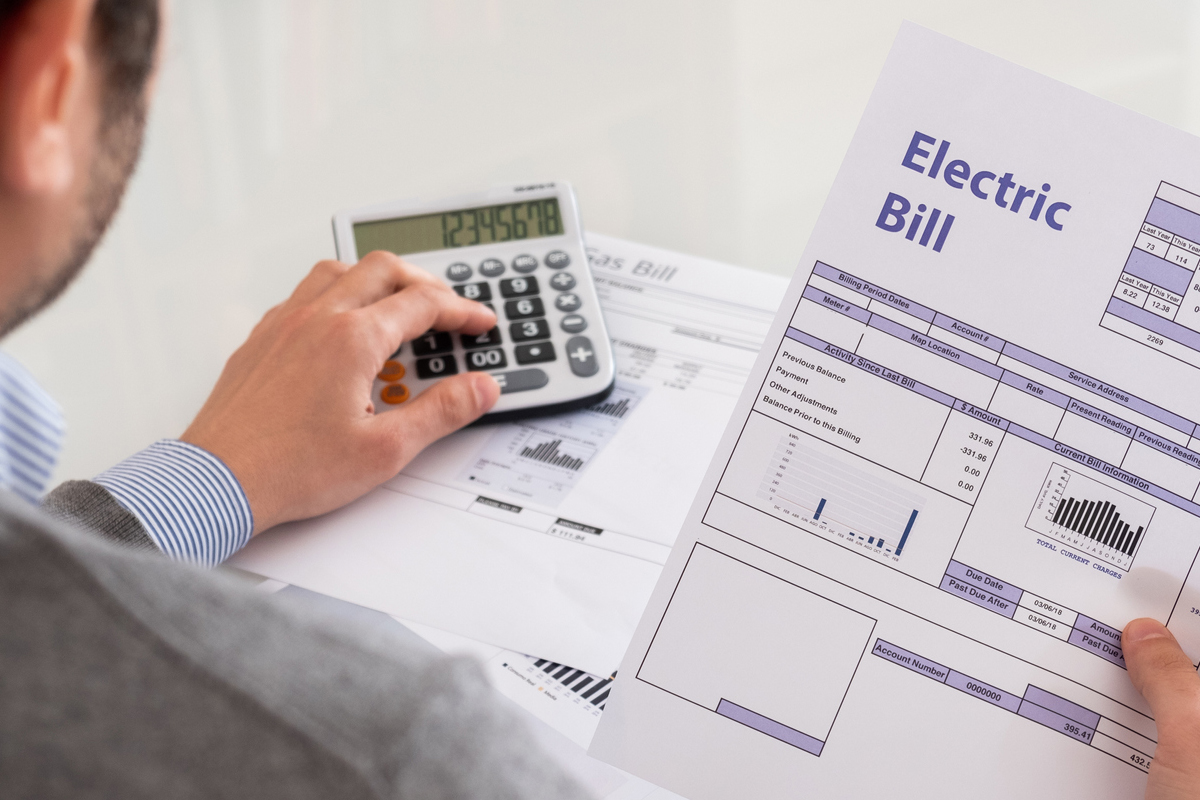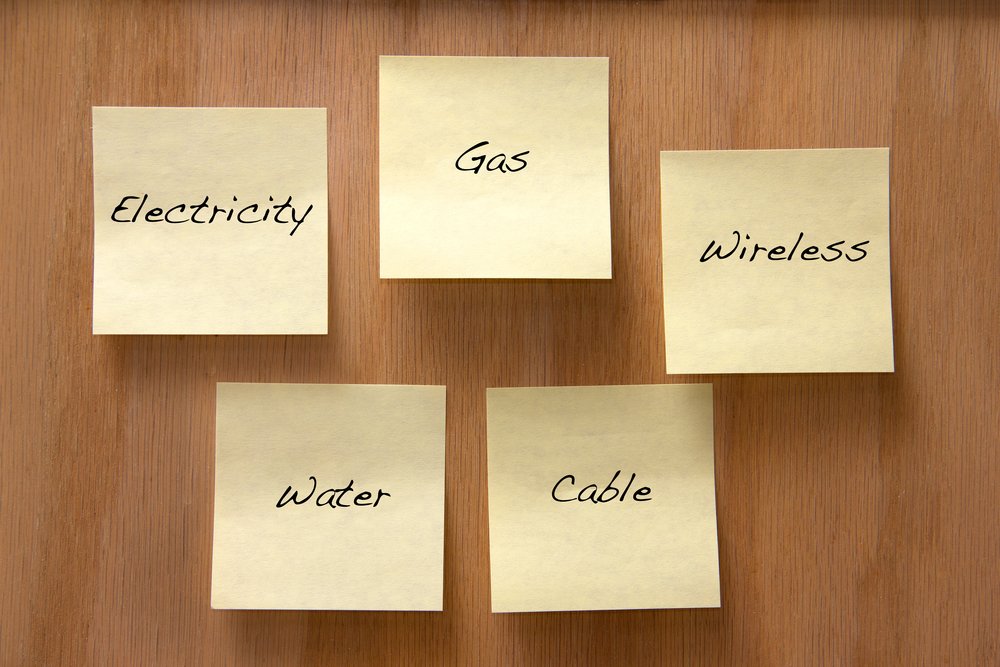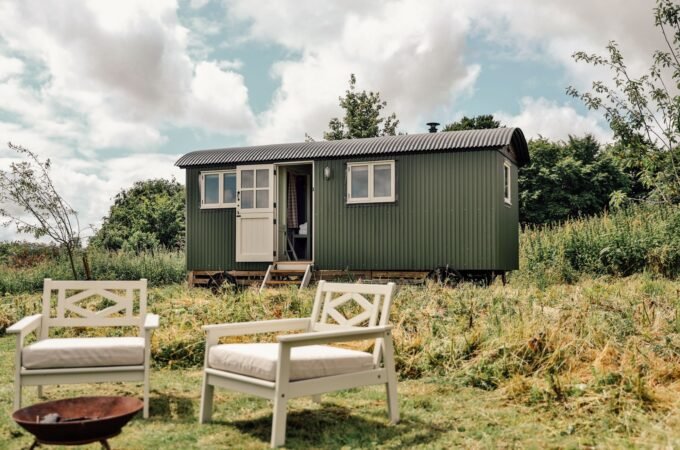Tips to save on your business water bills

Although here in the UK we don’t seem to be short on it, water is a scarce resource that must be protected. But even if taking care of the environment is not one of your top priorities, saving water is always beneficial for your business.
Buy some water-saving products
From the much-beloved kettle or water cooler to less common gadgets like tap aerators or tank bags, the range of devices that can help you save water is huge. Even if at first it seems like an investment, implementing some of these solutions in the workplace will result in great savings in the long run.
Reduce water pressure
High water pressure doesn’t only increase the amount of water you use without realising (in the case, for example, of automatic faucets), but it also stresses out the pipelines, which can lead to leaks. To avoid this you can either get in touch with your water supplier or install pressure-reducing valves.
Do a maintenance check
Old equipment may not only be more prone to breakdowns but it will also be less efficient than newer appliances. It’s worth keeping it under control to avoid potential issues with regular maintenance checks and get advice from specialists on how to improve your current water situation.
Switch supplier
Some people may not be aware of it, but as of 2017 businesses can freely choose their water supplier. So, if you find that you have implemented as many water-saving tips as possible but still haven’t seen a great improvement in your bills, it may be time to look for better water rates.
Tips to save on your business electricity bills

No business can go without electricity, although some companies like restaurants or digital businesses can expect bigger bills. Nevertheless, the following tips will be useful for any company, regardless of its size or industry.
Switch off equipment and lights overnight
Phantom Energy is a cool name for the energy that is wasted when equipment is off but still plugged in. Even though computers (for instance) don’t use much electricity when in sleep mode when you have maybe 10 PCs on all year long, the bill will definitely show it. The same goes for turning lights off when they’re not in use – something so basic we forget way too often.
Introduce flexible or remote working
If there’s something 2020 has shown us is that employees can be as efficient working from home as they are in the office, or even more! Having less staff in the office equals less equipment on, so why not introduce a rota on remote working and have your employees work from home one or two days a week?
Carry out an energy audit
Many energy suppliers offer energy audits in their services, so if you are serious about improving your energy efficiency, this is one of the first things to consider. During an energy audit, an assessor will come to your business and analyse your current usage (when and how is used and where and why it could be wasted) and how you could improve it.
Tips to save on your business gas bills

Winters in the UK are cold enough for business owners to have to spend more than a few pounds in gas bills. Still, there are many ways in which you can reduce your usage even in the colder months.
Get rid of heating loss
If you have the heaters on for hours and still feel like a room is not warm enough, you may just be losing heat somehow. Windows or doors that are not well sealed as well as old ceiling and wall insulation can result in energy waste. At the same time, be mindful of leaving external doors open and heating unused areas to minimise unnecessary gas usage.
Keep heatings, radiators and vents unobstructed
Blocking your radiators and vents in the perfect way to stop heat from expanding, meaning that for everybody to feel comfortable in the house you will need to use more energy. Avoid putting furniture in front of radiators and vents, and for security never obstruct electric heaters, as this is a fire hazard.
Install programmable thermostats
In the same way you should turn off all computers when going home, you should also turn off the heaters when there’s nobody on your premises. By keeping the temperature down, between 18º and 22º C and allowing your staff to wrap up if they are cold, you will be able to make important improvements in your energy bills.





